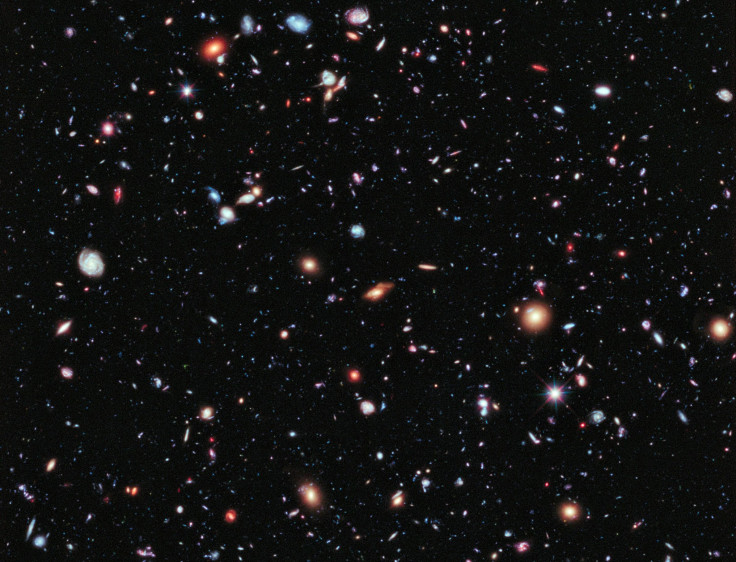Quantum Physics News: Entangled Photons Can Originate From Different Points In Space

Our intuitions about how things are, or should be, serve us well in our daily lives. But that’s only because in the macroscopic level of reality that we inhabit, we don’t have to deal with the weirdness and “spookiness” that emerges in the realm of subatomic particles.
Entanglement is one of the many weird things that pop up when you try to understand the laws governing the quantum realm. The phenomenon — wherein two particles can be separated by billions of light-years and yet be instantly affected by changes to the quantum state of one another — seems so outlandish that even Albert Einstein had trouble wrapping his head around the concept.
Read: New Experiment Addresses Quantum Entanglement Loophole
Despite Einstein’s reservations, quantum entanglement has been empirically observed several times over the past few decades. The “spooky action at a distance” — as the famed physicist once derisively called it — is very real.
For the longest time, scientists thought that entangled particles — even if they eventually part ways — emerged from the same point in space. However, in a study published in the latest edition of Physical Review Letters, a team of researchers describe the creation of entangled pairs of photons that emerged from different points in space.
“Until now, it has been assumed that such paired photons come from the same location,” study co-author David Andrews from the University of East Anglia in England, said in a statement released Wednesday. “Now, the identification of a new delocalized mechanism shows that each photon pair can be emitted from spatially separated points, introducing a new positional uncertainty of a fundamental quantum origin.”
The researchers observed the phenomenon while studying a process called spontaneous parametric down-conversion, wherein beams of photons are passed through a crystal to generate entangled pairs.
Trapping and entangling photons is a key prerequisite to the creation of quantum computers — devices that can, in theory, carry out operations orders of magnitudes faster than their conventional counterparts — and the revelation that we still do not completely understand how entangled photons operate could change the way scientists design these systems.
“Everything has a certain quantum 'fuzziness' to it, and photons are not the hard little bullets of light that are popularly imagined,” Andrews said in the statement.
© Copyright IBTimes 2024. All rights reserved.






















